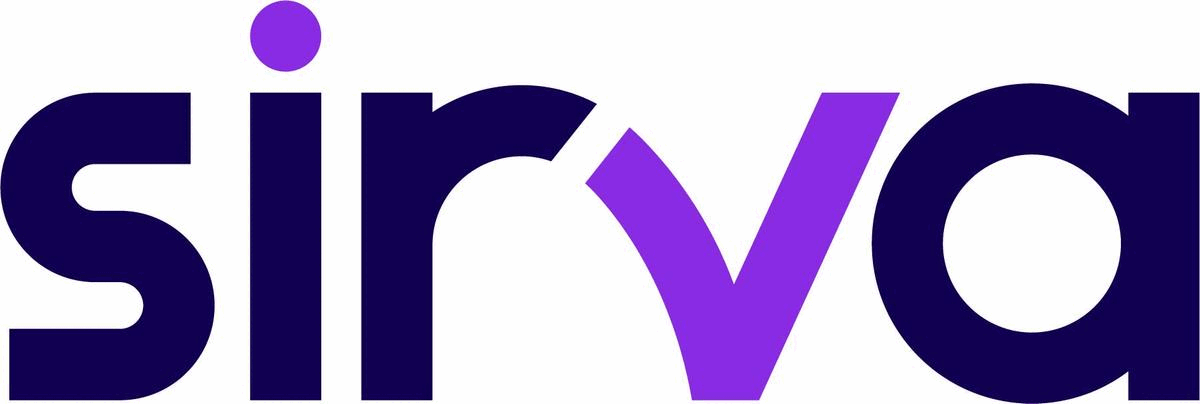
Customs Information
Honduras - All
DOCUMENTS REQUIRED 
- Copy of Passport
- Original Bill of Lading (OBL) / Air Waybill (AWB)
- Packing list in Spanish, typed
- Detailed inventory, valued
- Franchise or Dispensa (for duty-free entry)
- Registro Tributario Nacional (RTN)
- Shipper’s contact details (name, local contact person, delivery address, telephone number, etc.)
- Proof of ownership for antiques, artifacts, etc., if applicable
- Certificate of Antiquity, if applicable
CUSTOMS REGULATIONS
- CUSTOMER MUST BE PRESENT AT CUSTOMS CLEARANCE
- All shipments inspected
- Statements such as "kitchen items", "office items" cannot be indicated on the packing list as it is mandatory to specify the name of the items in order to enter data into the Custom´s system.
- The valued inventory is for Customs purposes only and is based on the packing list using a depreciated value, not high insurance or replacement values.
- Diplomats or International Mission officials must request the Franchise / Dispensa through a local Mission from the Ministry of Foreign Affairs prior to shipment arrival. This process takes approximately 1 month.
- Returning Honduran citizens and retirees may obtain the Franchise through a lawyer prior to arrival of the shipment, which takes approximately 1 month. Special franchises are given to returning citizens after 1 year abroad and to foreigners that apply for a retiree residence in Honduras; this process takes approximately 4-6 months. Proof of retiree status is required from the government of the origin country that the transferee will have income exceeding USD1,500.00 per month.
- The RTN may be obtained at the Dirección Ejecutiva de Ingresos (DEI) after entry. This process takes approximately 1 day.
- Antiques, artifacts, carpets and paintings are permitted for import if part of the household goods shipment, in reasonable quantities, and declared; ownership documents are required.
MOTOR VEHICLES
- All shipments are subject to duties and taxes; however, Diplomats may request a duty and tax exemption (Franchise).
- Automobiles older than 10 years cannot be imported.
- The details of the vehicle must be included on the OBL, such as vehicle identification number (VIN) number, engine number, series, color, make, model, year, type of fuel, and type of vehicle (pick up, van, sedan, etc.), number of cc, number of doors, weight and volume; fines will be assessed for incomplete information.
- Customs clearance takes approximately 7-10 business days for a full container load (FCL) and 5-7 business days for a less than container load (LCL), and approx. 2-3 business days for unaccompanied air baggage (UAB).
- Forma 9-A is a temporary entry permit that may be obtained for 90 days without the payment of taxes, but it is mandatory that the shipper is present at Customs with his Passport, as it will be stamped by Customs authorities. The shipper must be aware that prior to the end of the 90 days, any request for an extension must be made at the DEI office; if, in the rare case the extension is not approved, the shipper must coordinate the exportation of the vehicle or proceed to pay the costs of duties and taxes (Diplomats, tourists, foreigners).
Documents Required:
- Copy of Passport
- Original Title
- OBL
- Original Commercial Invoice
- Franchise or Dispensa (for duty-free entry)
- RTN
- Form 9-A, if applicable
PETS
- All documents must be in order prior to arrival of the pet to avoid delays.
- Pet must arrive at the beginning of the week to avoid a weekend stay in the Customs office.
DUTIABLE/RESTRICTED ITEMS
- Works of art and antiques more than 100 years old (22% taxes)
- The import of alcoholic beverages is strongly discouraged; however, if imported, duties and taxes must be paid and the clearance process will be delayed. The number of bottles, quantity in liters, value, and type of beverage (beer, spirits or wine) must be included on the detailed inventory.
- Diplomats may import alcoholic beverages duty free, but a separate Franchise must be requested for alcoholic beverages, separate from the Franchise for household goods.
PROHIBITED ITEMS
- Pornographic or subversive literature and films
- Weapons (sporting firearms and ammunition may be imported with a special permit from the Secretary of Defense and the Treasury Department)
- Explosives
- Alcoholic products
- Drugs
- Food (only canned food can be imported in small quantities and are subject to duties and taxes)